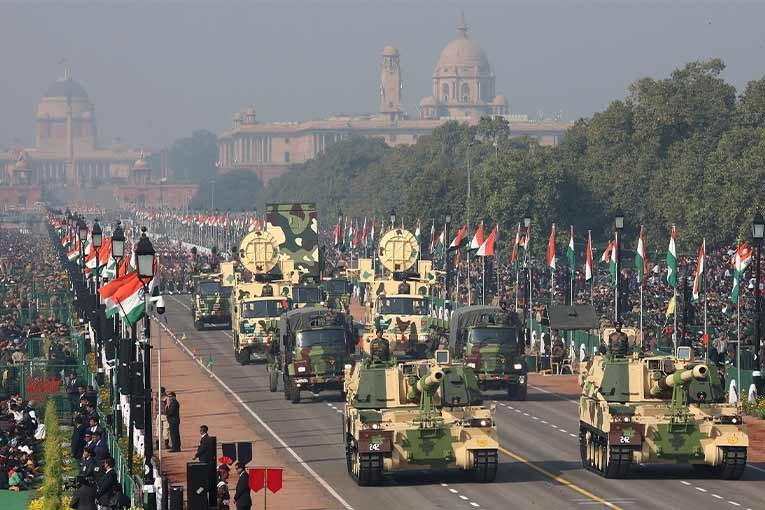Republic Day in India is celebrated on the 26th of January each year with great enthusiasm and patriotic fervor. It marks the day when the Constitution of India came into effect in 1950, replacing the Government of India Act (1935) as the governing document of India. This day holds immense historical significance as it signifies the transition of India from a colonial state to a sovereign republic. Let’s delve deeper into the history and significance of Republic Day in India.
Origins of Republic Day
The roots of Republic Day can be traced back to the early years of India’s struggle for independence. The Indian National Congress, under the leadership of Mahatma Gandhi and other freedom fighters, called for Purna Swaraj or complete independence from British rule at its Lahore session in 1929. This declaration ignited the spirit of nationalism among Indians and set the stage for the eventual attainment of freedom.
On 15th August 1947, India finally gained independence from British colonial rule, marking the end of nearly 200 years of British domination. However, India did not have a permanent constitution at that time and was governed by the Government of India Act (1935). It was essential to draft a constitution that would serve as the guiding light for the newly independent nation.
Adoption of the Constitution
The task of drafting the Indian Constitution fell upon the Constituent Assembly, which was comprised of representatives from across the country. Dr. B.R. Ambedkar, often referred to as the ‘Father of the Indian Constitution,’ played a pivotal role in drafting this monumental document. The Constituent Assembly worked tirelessly for almost three years to frame the Constitution, which was finally adopted on 26th January 1950.
The adoption of the Indian Constitution marked a significant milestone in India’s journey towards becoming a sovereign republic. It enshrined the values of justice, liberty, equality, and fraternity, ensuring that every citizen of India would be treated equally under the law. The Constitution also laid down the framework for a democratic form of government, with a clear separation of powers among the executive, legislative, and judiciary.
Significance of Republic Day
Republic Day holds immense significance in India as it symbolizes the country’s commitment to democracy, unity, and diversity. The grand celebrations that take place in the capital city of New Delhi, with the President of India unfurling the national flag and the impressive parade showcasing India’s cultural diversity and military prowess, are a testimony to the nation’s rich heritage and democratic ideals.
Republic Day is not just a day of festivities but also a reminder of the sacrifices made by countless freedom fighters and visionaries who laid the foundation for a free and democratic India. It serves as a day of reflection, where citizens reaffirm their allegiance to the Constitution and pledge to uphold the values enshrined in it.
Moreover, Republic Day serves as a platform to showcase India’s cultural heritage to the world. The diverse cultural performances, traditional dances, and displays of artistic excellence during the Republic Day parade highlight India’s rich tapestry of traditions and customs. It is a moment of pride for every Indian to witness the unity in diversity that defines the country.
Republic Day in India is not just a commemoration of a historical event but a celebration of the democratic principles and cultural heritage that define the nation. It is a day to honor the past, celebrate the present, and envision a brighter future for India. As the tricolor unfurls and the national anthem echoes across the country, let us all come together to uphold the values of unity, diversity, and democracy that make India truly unique.







